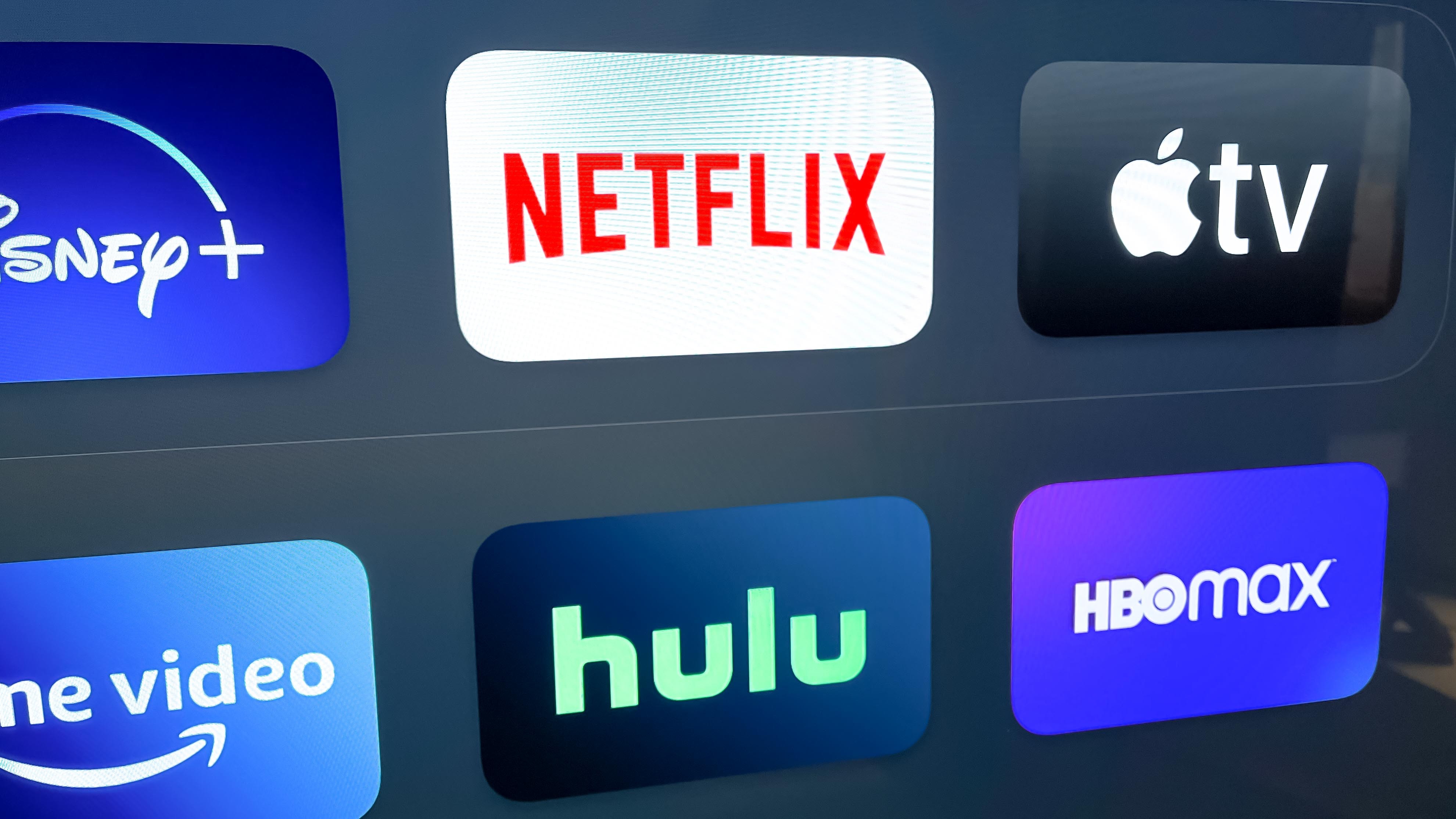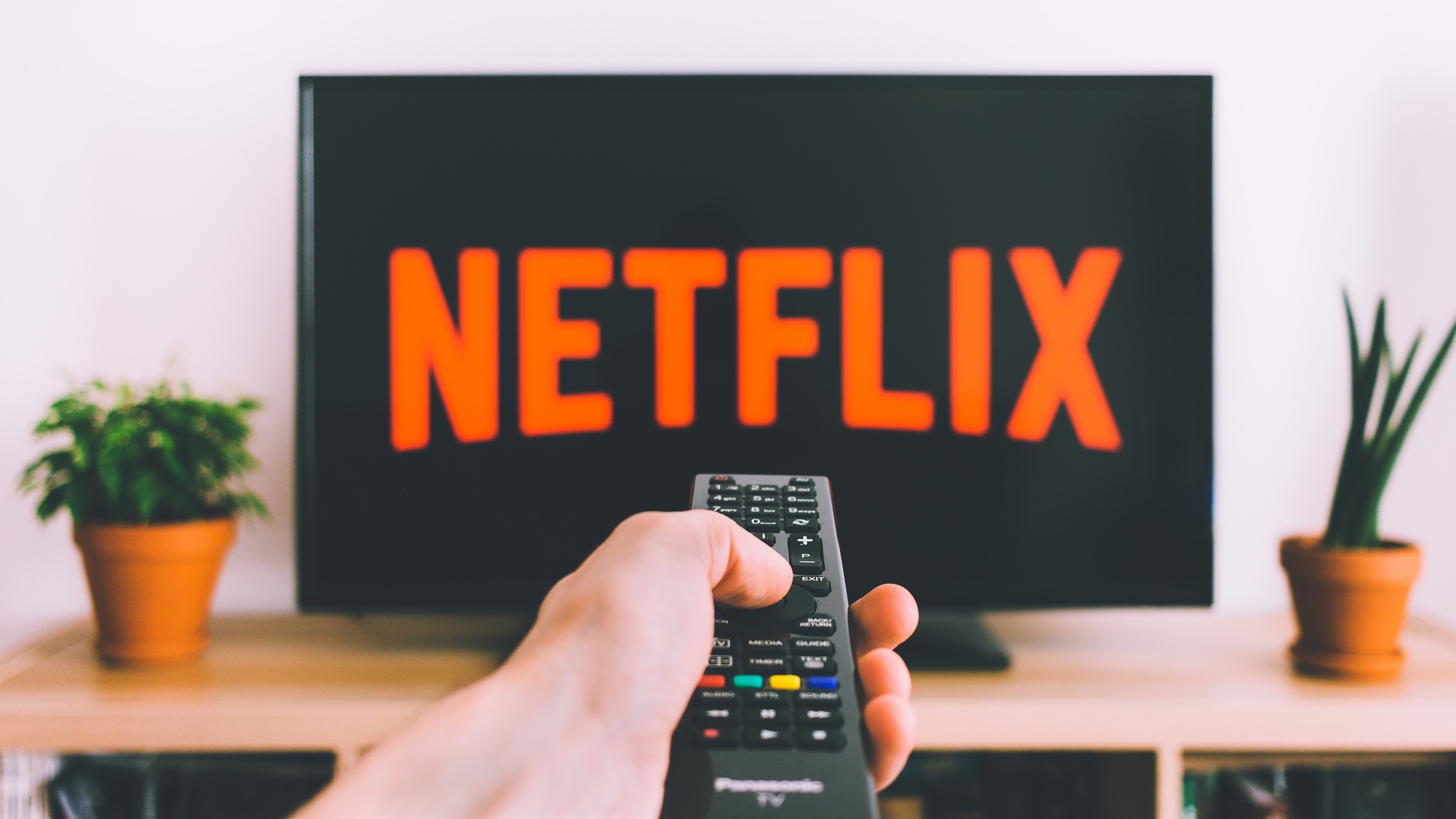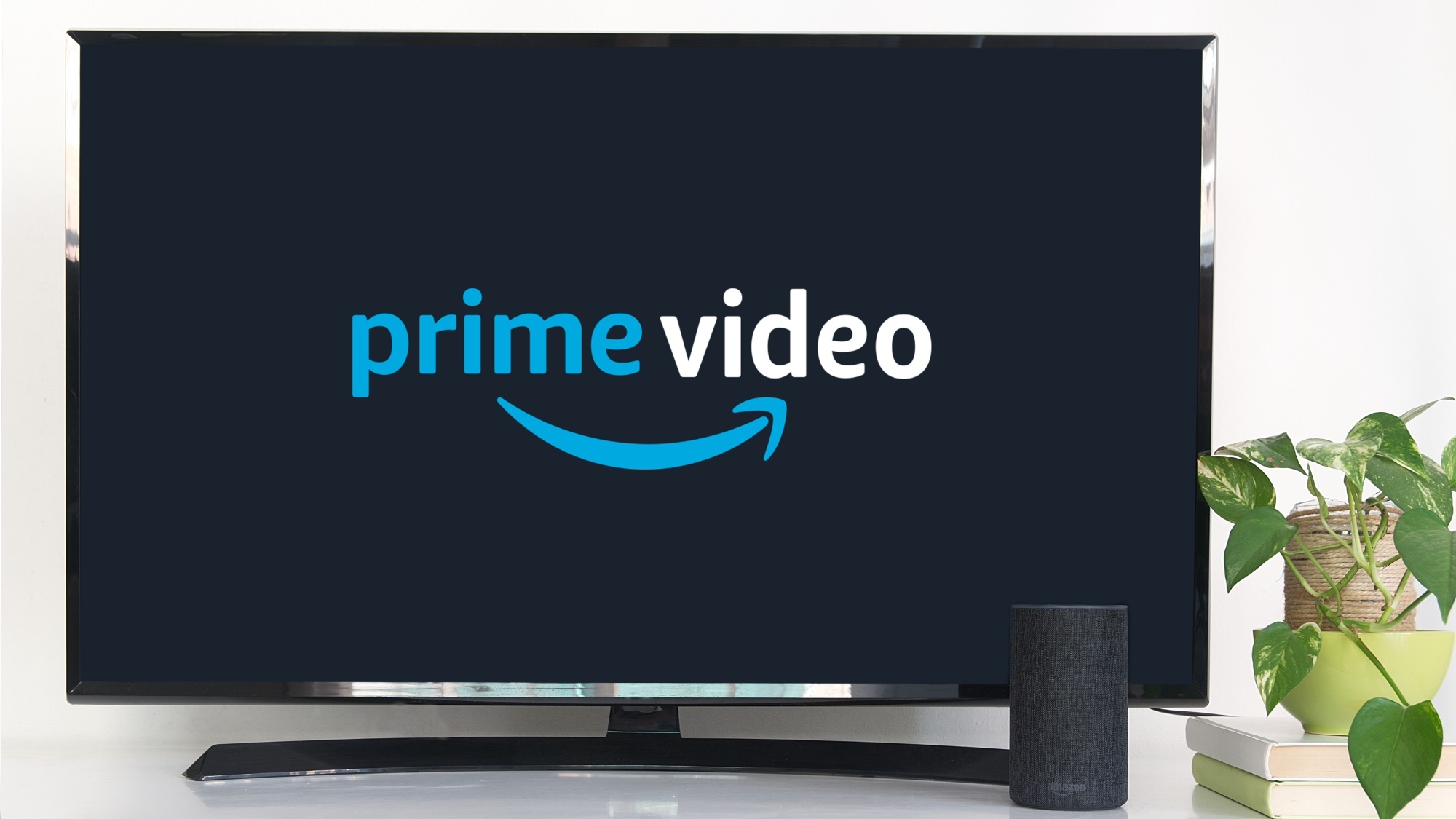Canceling Netflix, Prime Video and other streaming services may about to get harder — what to know

One of the best things about the streaming era? You could sign up for a service, binge a show, then cancel without getting stuck on an hour-long call begging someone to let you go. Unlike cable companies of old, streaming services offered the illusion of freedom — until now.
A new federal court ruling just made it easier for those platforms to keep you locked in (h/t the Hollywood Reporter). This week, a federal appeals court struck down the Federal Trade Commission’s “click to cancel” rule, which would have forced companies like Netflix, Prime Video, Disney Plus and HBO Max to offer simpler, hassle-free cancellation.
The decision could spell bad news for streaming subscribers who want to easily keep their monthly costs under control.
Why the 'click to cancel' rule was struck down — and what it means for you

The FTC’s proposed rule would have required companies to let you cancel as easily as you signed up. It also demanded clear consent before converting free trials into paid plans, and full disclosure of when promo pricing ends.
Best Prime Day streaming deals right now
- Amazon Prime Video: Get a 30-day free trial
- Paramount Plus: was 7 now $0.99
- Apple TV Plus: was $9 now $4
- MGM Plus: was $6 now $0.99
- AMC Plus: was $6 now $0.99
- Crunchyroll: was $11 now $0.99
- Roku Streaming Stick Plus 2025: was $39 now $29
- Roku Streaming Stick 4K: was $49 now $34
- Roku Ultra - Ultimate Streaming Player: was $99 now $69
The rule was supposed to go into effect on July 14 as part of the Biden administration’s broader “Time is Money” push to eliminate consumer hassles. But the U.S. Court of Appeals for the Eighth Circuit ruled that the FTC skipped a required economic impact analysis and the rule couldn’t legally stand.
To be fair, canceling most streaming services today is still way easier than dealing with the old cable company, with many letting you drop your plan in just a couple of clicks. But without the FTC rule in place, there’s nothing stopping them from adding more hoops in the future: extra screens, buried settings or required phone calls that make quitting a headache and time suck.
Amazon found to be the worst offender

Netflix told the Hollywood Reporter that users currently “can cancel their membership at any time,” but some platforms have adopted increasingly complex offboarding tactics.
Get instant access to breaking news, the hottest reviews, great deals and helpful tips.
In a 2023 investigation, Amazon was found to have one of the most frustrating cancellation processes for Prime Video, requiring four pages, six clicks and 15 decisions. The FTC later sued Amazon over the practice, and that case is expected to go to trial next year.
Subscribing to and canceling services as you need them with ease is absolutely one of the biggest draws of streaming. In fact, there's even a term for it: churning. And it can save you a lot of money at a time when streaming costs are higher than ever. Americans pay an average of $61 a month for streaming services, according to a Deloitte report — or a hefty $732 a year.
But if companies decide to make canceling harder, that simple money-saving strategy could get a lot more annoying. The FTC may try again, but for now, there’s no guarantee things won’t get more complicated down the road.
More from Tom's Guide
- 11 best Prime Day streaming deals you can grab now
- New survey reveals exactly how much live TV streaming saves you vs cable
- 50 best Netflix shows to stream right now

Kelly is the managing editor of streaming for Tom’s Guide, so basically, she watches TV for a living. Previously, she was a freelance entertainment writer for Yahoo, Vulture, TV Guide and other outlets. When she’s not watching TV and movies for work, she’s watching them for fun, seeing live music, writing songs, knitting and gardening.
You must confirm your public display name before commenting
Please logout and then login again, you will then be prompted to enter your display name.
 Club Benefits
Club Benefits





